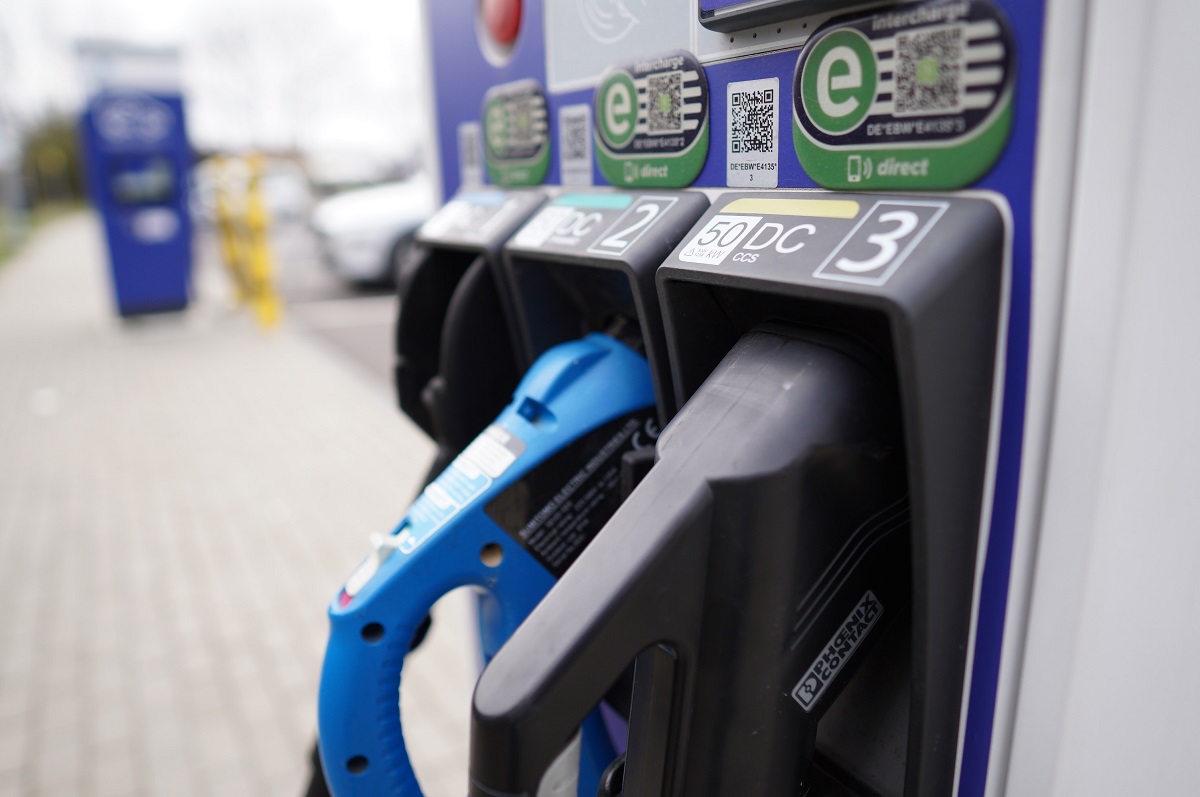
In many parts of the world, including the U.S. and Canada, there has been a growing pushback against businesses and institutions that have showed public support for the LGBTQ community. Calls for boycotts, and social media vitriol, have targeted these companies, which have caused them to take a financial hit for their support for inclusion and partnership with sexual and gender minorities.
In some cases, this results in an impact on a company’s image and bottom line. The financial fallout forced some companies to walk back on, or tone down, their Pride campaigns. These three companies took measures to mitigate the fallout of the public backlash and negative social media campaigns against politically polarizing social issues.
Leading American general merchandise retailer, Target (TGT) offers a variety of products across categories including beauty and household essentials (27% of sales), food and beverage (21%), home furnishings and decor (18%), hardlines (16%), and apparel and accessories (16%).
The company also has a significant e-commerce presence, deriving around 19% of sales from digital channels. Nearly all of Target’s revenue comes from the U.S.
The retailer faced consumer backlash last month for displaying LGBTQ-themed merchandise as part of its Pride Collection, forcing the company to pull its products under pressure to avoid frequent confrontation between customers and its employees.
Target has adapted to retail digitization, but faces intense competition with negligible customer switching costs, which puts pressure to elevate service while keeping prices low, says a Morningstar equity report.
Target’s inventory missteps in 2022 as consumers buying habits changed due to higher prices, indicate that there is a need for it to find ways to operate more efficiently, especially considering rapid growth in online sales.
“We are encouraged that management is prioritizing the addition of fulfillment assets, improving supply chain efficiencies, and remodeling stores,” says a Morningstar sector director Erin Lash, who puts the stock’s fair value at US$165.
Maker of the ubiquitous Budweiser beer, Anheuser-Busch InBev (BUD) is the world’s largest brewer whose portfolio boasts six of the top 10 beer brands. The firm distributes 23 brands with retail sales over US$1 billion and holds a 62% stake in Brazilian brewer Ambev.
Sales of Bud Light tumbled for multiple weeks as a result of conservative calls for a boycott over the brand's partnership with transgender influencer Dylan Mulvaney. The social media campaign spawned hashtags like #BoycottBudLight as consumers posted videos of themselves pouring out Bud Light bottles, including this video of musician Kid Rock gunning down cases of Bud Light.
“While negative publicity around the marketing of Bud Light in the U.S. is affecting sentiment in the stock, we regard this as temporary noise and think this was a solid performance in the first quarter,” says a Morningstar equity report referring to the brewer’s first quarter earnings report.
A series of acquisitions over the years have created a monster with vast global footprint and regional density. “AB InBev has one of the strongest cost advantages in our consumer defensive coverage and is among the most efficient operators,” says Morningstar sector director, Philip Gorham.
The wide-moat company’s giant scale and its monopolistic positions in Latin America and Africa afford it significant fixed-cost leverage and pricing power, stresses Gorham, who pegs the stock’s fair value at US$90 per ADR.
The House of Mouse Walt Disney (DIS) produces both live-action and animated films through renowned studios like Pixar, Marvel, and Lucasfilm. Its assets include media networks such as ESPN and various TV production studios. In a strategic shift towards streaming, Disney acquired Hulu and launched its own streaming platforms, Disney+ and ESPN+.
The company’s streaming platforms had over 235 million subscribers as of September 2022, up from nearly 64 million in December 2019.
Disney finds itself entangled in a dispute with the Florida government due to its support for the LGBTQ community. The media firm has faced a backlash for its opposition to a Florida legislation that prohibits classroom discussion about sexual orientation and gender identity in elementary school grades. Disney’s position on the matter has triggered social media calls by conservative groups for boycotts against its parks and streaming services.
On the business front, wide-moat Disney is successfully transforming itself to align with the changing landscape of the media industry.
“The firm’s direct-to-consumer efforts, Disney+, Hotstar, Hulu, and ESPN+ are taking over as the drivers of long-term growth as the firm transitions to a streaming future,” says Morningstar equity analyst, Neil Macker, who puts the stock’s fair value at US$145.
“We expect that Disney+ will continue to leverage this content to create a large, valuable subscriber base.”






















